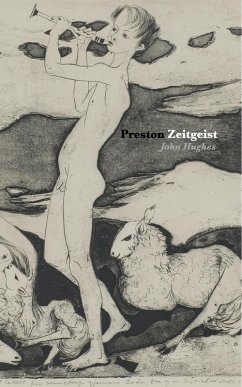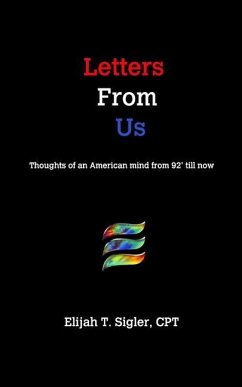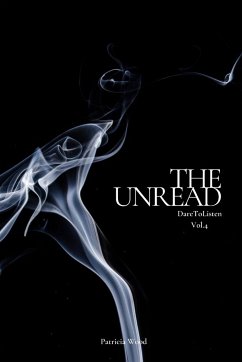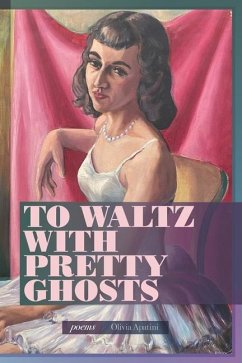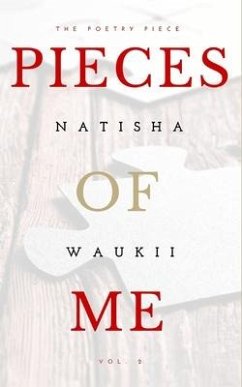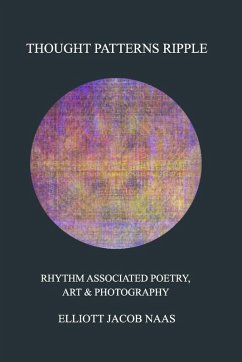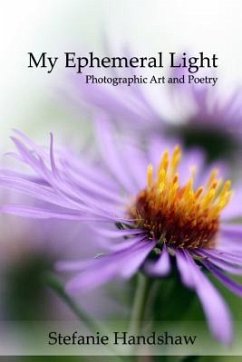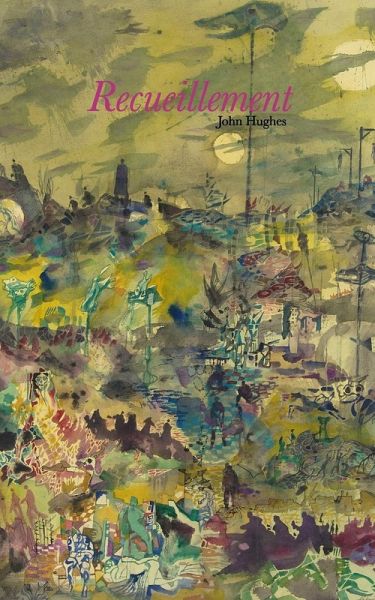
Recueillement
Versandkostenfrei!
Versandfertig in 1-2 Wochen
13,99 €
inkl. MwSt.

PAYBACK Punkte
7 °P sammeln!
In the 1990s, Hughes was inspired by the seventeenth-century Pensées of its wonder boy prodigy Blaise Pascal and the twentieth century's Italian literary impresario, Eugenio Montale. Recueillement, is his earliest foray into thinking about the rituals of spirit. He created responses to society, where a thematic fingerprint of damage, desire, and deceit became a rich departure point for his ensuing humanistic works. For Hughes, love is a swampy boneyard where loss and lust linger in a vapour trail of dislocations, honour, and confused hope. His poetry's strength lies in its willingness to expr...
In the 1990s, Hughes was inspired by the seventeenth-century Pensées of its wonder boy prodigy Blaise Pascal and the twentieth century's Italian literary impresario, Eugenio Montale. Recueillement, is his earliest foray into thinking about the rituals of spirit. He created responses to society, where a thematic fingerprint of damage, desire, and deceit became a rich departure point for his ensuing humanistic works. For Hughes, love is a swampy boneyard where loss and lust linger in a vapour trail of dislocations, honour, and confused hope. His poetry's strength lies in its willingness to express the desolation of heartfelt imperfection and the bittersweetness of lost love. It combines surliness and savagery with the need for a sanctuary of disconcerted meditative piety. 'But to have plundered youth in its entirety, ridden its wildness aglow in the night of death, and been gracious to the drifting dream, free to flow through the little we seem, picked at from a vine savage Sibylline, and left crushed to dust on paths ill-designed, compressed in the extreme, the wind blowing through tree beams, the penetrating light like eyes.' extract from Loss Recueillement is also a quixotic collection influenced by the spirituality and idealism of the Symbolist's hermetism. His honest poems richly resonate with the Gothic tradition of entrapment. Drawing upon such a rich literary heritage, the collection is a modernistic postmodern sortie into his vision of restless Romantic cynicism.



